
Signs You Were Neglected As A Child
You have extremely low self-esteem

Image Source/ Freepik pikisuperstar
Signs of low self-esteem could come in all sorts of forms. You might not be happy with the way you look, you might not have confidence in your intelligence, or feel like you're undeserving. Adults who have such low self-esteem might have been a victim of emotional neglect as a child; they never felt like they were good enough for their caregiver.Advertisement
You find yourself lashing out uncontrollably

Image Source/ Freepik
It's a fact that children learn behaviors from their caregivers, and the earlier years of your life are the most crucial in terms of behavior and attitudes. If you find that you can't control your temper or anger, it might be that your primary caregivers couldn't too and often lashed out at you unnecessarily.Advertisement
You can't handle your emotions properly

Image Source/ Freepik pikisuperstar
As much as you might have trouble managing your temper, it doesn't just stop there. Adults who find it difficult to regulate emotions might have experienced neglect in their childhood, and so children at that age find it hard to properly act when they are feeling heightened levels of emotions.Advertisement
You find it hard to ask for help

Image Source/ Freepik pikisuperstar
Asking for help is a big step towards getting better and understanding your childhood neglect or trauma, however, lots of people struggle to take the leap, whether it be therapy or friends. This could come from their inner child having to fend for themselves as a youngster, which they now feel the need to do.Advertisement
You are very sensitive to rejection

Image Source/ Freepik jcomp
Rejection is a natural part of life and at some point we will all experience it, whether that's career-wise, relationship wise, friendships wise. It's how we react to it that defines us. Those that have trouble responding to rejection might have felt massively rejected as a child, so it's resurfacing them dark emotions.Advertisement
You can't find the words to describe how you feel

Image Source/ Freepik vectorjuice
Sometimes it can be hard to describe how you feel. After all, language is limited, whereas what we feel seems endless and limitless. If you find that you can never truly describe the way you feel to words, it might be due to suppressed emotions as a child.Advertisement
You tend to dissociate easily

Image Source/ Freepik storyset
Dissociation has come massively to light in the past few years and can often come hand in hand with mental health disorders, like anxiety or depression. In fact, studies have proven that emotional childhood neglect can lead to an increased risk in developing anxiety disorders later in life.Advertisement
You feel ashamed of your emotions

Image Source/ Freepik
Realistically, we should never feel ashamed of the way we feel, considering it's something that genuinely can't be helped. However, you might be feeling shame for things that you really shouldn't be ashamed of. This could be down to the emotional neglect you experienced as a child, which is actually a form of abuse.Advertisement
You feel guilty just for feeling

Image Source/ Freepik
Feelings are natural and experiencing them just goes to prove that we are human. Those that experienced neglect as a child might find themselves feeling guilty about emotions they're having. Instead, you should try and talk them through with friends, family, professionals, to see whether or not your feelings are warranted.Advertisement
You feel empty most of the time

Image Source/ Freepik pch.vector
For some people, they are neither happy nor sad, but instead just empty. Whether this feels like a big gaping hole in the chest, or like you're floating through life on autopilot, the feeling of emptiness can be all-consuming. This can be due to your emotions being inaccessible as you didn't become tuned with them as a child.Advertisement
You find it difficult to trust and depend on others

Image Source/ Freepik pch.vector
If you experienced a turbulent childhood where you felt you couldn't rely on your primary caregivers, or they let you down time and time again, it might just progress into adulthood as an inability to trust or depend on those around you. Because of the inconsistencies you experienced, trusting someone gives you anxiety.Advertisement
Your perception of yourself is wrong

Image Source/ Freepik
The way we perceive ourselves isn't always accurate or true, which sounds crazy. Survivors of childhood emotional neglect can be harsher on the image of themselves because they never received the validation or love they needed as a child. In can even lead to conditions like imposter syndrome.Advertisement
You have a lack of self-compassion

Image Source/ Freepik pch.vector
If you were emotionally neglected as a child, you might be able to show compassion to others but have difficulty showing it to yourself. Those who have suffered emotional neglect are often selfless in their relationships with others but overly cruel to themselves.Advertisement
You blame yourself for the experiences you've gone through

Image Source/ Freepik storyset
While it's normal for anyone to feel self-blame now an then, adults who were emotionally neglected as children typically carry these feelings with them permanently. Blaming yourself for your own trauma is very common after experiencing emotional neglect.Advertisement
You sometimes don't know exactly how you're feeling

Image Source/ Freepik pch.vector
One of the most prevalent effects of emotional neglect in childhood is finding it hard to identify your emotions. If you were taught that your emotions and feelings didn't matter when you were young, you may have internalized the message in adulthood.Advertisement
You never feel like you "belong" anywhere

Image Source/ Freepik
Belonging: that's a key word that is so important during childhood. If you don't feel like you belong in the family that you're in, or the neighborhood, or a group of friends, then that can seriously implicate your adulthood life. You might feel like your endlessly searching for somewhere to belong.Advertisement
The idea of "home" is an enigma to you

Image Source/ Freepik storyset
Home is where we are meant to feel loved and safe, it's not just about the roof above our heads, although that is a big part of it. If you never really felt like your childhood home was your true home, then you might never feel at home in your adulthood either.Advertisement
You feel like an outsider even with your friends

Image Source/ Freepik pikisuperstar
Being around friends is meant to be comfortable and you're meant to feel accepted however survivors of childhood emotional neglect often experience feelings of otherness and of being an outsider. This can be because they never felt truly accepted as part of a family as a child.Advertisement
You can't help but feel like there's something wrong with you

Image Source/ Freepik syarifahbrit
It might be hard to describe, but you might feel like there's constantly something "wrong" with you deep inside. You can never truly describe how it feels, but it definitely comes from a source of childhood emotional neglect, where you were made to believe that there's something really wrong with you, otherwise why would you be treated the way you were.Advertisement
You feel like you are different from others

Image Source/ Freepik
Perhaps you've felt off or different from other people and questioned what's wrong with you. Because of the detrimental effects that emotional neglect can have on your sense of self and identity, the feeling of being different or alienated is all too common.Advertisement
You find it hard to be assertive

Image Source/ Freepik
Being able to stand up for yourself and your wants is a benefit of developing assertiveness. You may have difficulty asking for a raise or promotion at work, or you may feel stuck with a friend or loved one. Those who have suffered from emotional neglect may find it difficult to believe they deserve help and to speak out for themselves.Advertisement
You have experienced poor mental health

Image Source/ Freepik storyset
Mental health problems are unfortunately widespread for survivors of childhood emotional neglect. In addition to being at a higher risk of domestic violence and eating disorders, survivors of emotional neglect also face an increased risk of depression and anxiety.Advertisement
You struggle to identify who you are as a person

Image Source/ Freepik
Because you were constantly invalidated and told how to feel when you were younger, you might find it hard to actually figure out who you are as a person in adulthood. This can mean that you don't know what you like, dislike, enjoy, passions. It can be a debilitating feeling.Advertisement
You're extremely hard on yourself

Image Source/ Freepik syarifahbrit
It's okay to be strict and assertive with yourself, but sometimes this can be a little too harsh and you can become too hard on yourself to achieve your aspirations and goals. This could lead to a burnout, crash, or unhealthy behaviors in order to get where you feel you need to be.Advertisement
You become overwhelmed easily...

Image Source/ Freepik jcomp
The feeling of overwhelmed can come from anything in life: work, home, relationships... at some people we will all feel overwhelmed. However, if you feel like you become overwhelmed at the first hurdle, then it might stem from the overwhelming environments of your childhood, where you had to retreat to get better.Advertisement
...and so you give up earlier than you should

Image Source/ Freepik pch.vector
Because of your feelings of being overwhelmed, you then feel like you need to give up and quit. This can be a toxic cycle of adulthood after experience childhood emotional neglect, because we constantly feel like we're going round in circles trying to achieve something.Advertisement
You use substance abuse to get you through daily life

Image Source/ Freepik pch.vector
When things get tough and mental health illnesses take over, people are lead to harmful behaviors like substance abuse. If you feel that you're reliant on alcohol or drugs to get through daily life, you should speak to a professional to get help, and could be due to exposed behaviors in earlier life.Advertisement
You have an addictive personality

Image Source/ Freepik pch.vector
Along with experiencing substance abuse, you might find that you have an addictive personality. It could be down to the lack of stability and safety you had as a child, so you take part in harmful behaviors to make yourself feel something extreme, like gambling.Advertisement
You can't maintain friendships for as long as you should

Image Source/ Freepik
Friendships are crucial in order for us to move on with our lives and get better, so when people aren't surrounded by true and honest friends, they may feel more alone than ever. It can be hard to keep a friendship tied down and the inability to do so could come from low self-esteem, self-reliance and lack of self-identity.Advertisement
You've gone through additional traumas as a result of your childhood

Image Source/ pch.vector
The neglect or abuse we experienced as a child can definitely have an impact on the trauma we potentially experience as adults. This is due to the dangers of our childhood environments, survivors put themselves in more dangerous situations to "feel" something, or partake in risky behaviors.Advertisement
You only remember your parents been cold towards you

image source: reddit.com
When you think of how your parents used to speak to you and the conversations you had growing up, how do you remember their tone towards you? Can you remember a more cold and dismissive household rather than warm and an inviting space to talk about things?Advertisement
You struggle to remember many happy memories at all

image source: reddit.com
Most people will have fond memories of their parents or guardians from when they were growing up - classic things like taking in a baseball game together or enjoying an ice cream in the park - but when you try to think of anything that stands out, you can only really remember more negative things.Advertisement
Or, you draw a blank when you try and think of anything

image source: reddit.com
A lot of the time when we go through situations of trauma, pain or abuse, our brain can try to shield us from it by blocking out certain memories, or making it difficult for us to correctly recall certain circumstances. So you might find it difficult to remember a lot of your childhood.Advertisement
When you tried to talk about emotions and feelings, you were dismissed

image source: reddit.com
It's important for parents or guardians to support the changing emotions and feelings of their child, of course - especially because when puberty hits that's a whole load of new feelings to deal with! But when you tried to talk openly with your mom or dad, were you brushed off?Advertisement
You remember spending most of your time alone

image source: reddit.com
You might have been a very solitary child, either through choice or because you felt like you were excluded from a lot of things, and eventually you might have just got used to being on your own and entertaining yourself that you were more of a play indoors alone kind of kid.Advertisement
You didn't get much praise

image source: reddit.com
It's important for parents to support their children emotionally and mentally by giving them a big thumbs up when they do something right, especially as a child growing up with school work, exams and big life decisions. But you don't remember getting a lot of praise as a child.Advertisement
But you got a lot of criticism

image source: reddit.com
It might not be a case of your parents just didn't say anything at all, though. They might have been silent when it came to the things you got right, but quick to pass judgement on the things you did wrong by mistake. You only really remember criticism rather than supportive words!Advertisement
Your parents weren't really involved in your interests

image source: reddit.com
When you developed hobbies, interests or extra-curricular stuff at school, did your parents take any interest? Did they ask about them, or try to get involved? You might remember your parents not really knowing what it was you enjoyed doing, or what you were doing in your spare time.Advertisement
Your parents might have had issues themselves

image source: reddit.com
A lot of neglected children can come from childhoods where their parents have issues themselves, like dealing with substance abuse, depression or anything else which makes it difficult to create a 'healthy' home environment. If your parents were neglecting themselves, they might have been neglecting you too.Advertisement
You were pretty delayed in your development

image source: reddit.com
Children that go through neglect can often have a 'stunted' growth because of not getting the support they need and feeling a lack of self-esteem in their decisions. This might mean you felt as though you were learning and developing things quite late compared to other kids your age.Advertisement
Any social interactions were more negative than positive

image source: reddit.com
If you were playing in the park with other kids around, in class with schoolmates or perhaps hanging round with other family members, were your interactions more bad than good? Did you find yourself feeling angry, overwhelmed or not quite right with others?Advertisement
You might have been angry a lot towards your parents

image source: reddit.com
It makes sense why all the coldness and dismissiveness might make you snap a little bit one day, and you may have found yourself getting angry towards your parents, whether as a young child or later in life. You might have snapped a lot when they spoke to you or tried to get you to do something.Advertisement
You were quite a disruptive kid

image source: reddit.com
Were you the kid in class that was the most disruptive, or the one most likely to interrupt other people? Or maybe you were disruptive in your home life where you just couldn't seem to stop making a scene? Children that have been neglected might cry out for attention this way.Advertisement
There's a lot of self-blame there

image source: reddit.com
When you're a child, it's easy to think that it's all your fault if your parents are being off with you - that you must have done something wrong to make them cold towards you, or not take an interest. So it makes sense why you might begin to blame yourself for your parents' behavior.Advertisement
You've always found it difficult to read people

image source: reddit.com
When you've grown up in a difficult household emotion-wise, where you've been told not to express your emotions, or found your parents' stifling their emotions, this may end up meaning that you find it difficult to read emotions like anger, happiness or annoyance on people's faces.Advertisement
You found yourself daydreaming a lot

image source: reddit.com
Were you a huge daydreamer as a kid? Maybe you still are now! Were you the kid in class that was always staring out of the window thinking of a made-up land? Children who are neglected might find solace and escape in a made-up world or through their imagination.Advertisement
You don't get attached easily at all

image source: reddit.com
If you find that you don't get attached easily, it could be indicative of a guarded approach to relationships. This might stem from past experiences of disappointment or hurt, leading to a cautious mindset when it comes to allowing others into your inner circle.Advertisement
Your self-esteem is on the ground

image source: reddit.com
When your self-esteem is at rock bottom, it can feel like you're navigating through life with a heavy burden. A low self-esteem often manifests as a persistent sense of inadequacy and self-doubt, coloring your perception of your own worth. And it could all stem from childhood neglect!Advertisement
You avoid making new relationships

image source: reddit.com
Often, avoiding making new relationships happens because you have a fear of rejection which could stem from the childhood neglect you faced. You fear getting close to someone or having to face the disappointment of somebody potentially letting you down!Advertisement
And you self-sabotage when things are going well

image source: reddit.com
Engaging in self-sabotage when things are going well is a very counterproductive pattern. It often stems from deep-seated beliefs about your worthiness and a fear of success or happiness. It's as if a part of you, influenced by past experiences or negative self-perceptions, feels uncomfortable with the prospect of sustained positivity.Advertisement
You feel completely spooked when someone gets close to you

image source: reddit.com
Feeling spooked or uneasy when someone gets close may be a manifestation of fear, stemming from past experiences or insecurities. This reaction could be linked to a fear of vulnerability, potential emotional pain, or concerns about being let down or betrayed.Advertisement
You struggle to empathize with people

image source: reddit.com
Past traumas might have left an indelible mark, creating a barrier that prevents you from fully connecting with others on an emotional level or being able to feel empathy for them. You have developed a protective layer that, while offering some comfort, also hinders the genuine exchange of emotions.Advertisement
You can't celebrate your own personal achievements

image source: reddit.com
Struggling to acknowledge and celebrate your own achievements comes from past experiences that have affected you. Neglect as a child means that you are not familiar with praise, and so you find it very difficult to give it to yourself even as an adult.Advertisement
You sometimes don't look after yourself very well

image source: reddit.com
Neglecting self-care at times can feel like inadvertently putting your own well-being on the back burner, and it's a common struggle for many. But for you it may run deeper than just forgetting to wash your face at night. It may be that the neglect from your past is manifesting itself into this behaviour now.Advertisement
You struggle to see yourself in a positive light

image source: reddit.com
Struggling to see yourself in a positive light is like viewing your reflection through a distorted lens, where you see all of your flaws as magnified, and your achievements as diminished. It's a complex internal challenge, often rooted in self-perception, past experiences, or the people around you.Advertisement
You feel like you always have to people-please

image source: reddit.com
Feeling compelled to constantly people-please is like wearing a mask, always adapting to meet others' expectations at the expense of your own authenticity. It's a complex pattern often rooted in the desire for external validation and a fear of disapproval or rejection.Advertisement
You don't know how to deal with social situations
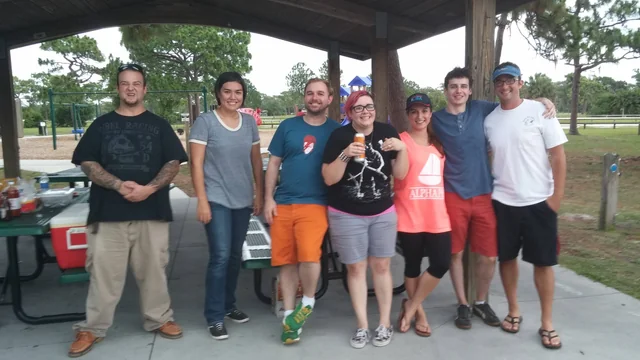
image source: reddit.com
Navigating social situations can sometimes feel like stepping into uncharted territory, and if you find yourself unsure about how to deal with them, it's not uncommon. Social anxiety, a fear of judgment, or a lack of confidence can make you feel out of your depth!Advertisement
You're super indecisive

image source: reddit.com
Yes. No. Maybe? Indecisiveness might stem from various factors such as fear of consequences, perfectionism, or a lack of confidence in one's ability to make sound choices. It can manifest as a result of neglect that you experienced when you were just a child.Advertisement
You find it hard to give out compliments

image source: reddit.com
It's not that you don;t want to compliment people, but you find it difficult to do. It's like you don't know how to say it or it makes you feel anxious perhaps because of reasons such as social anxiety, fear of being misunderstood, or a concern about coming across as insincere.Advertisement
You try your best to avoid emotional conversations
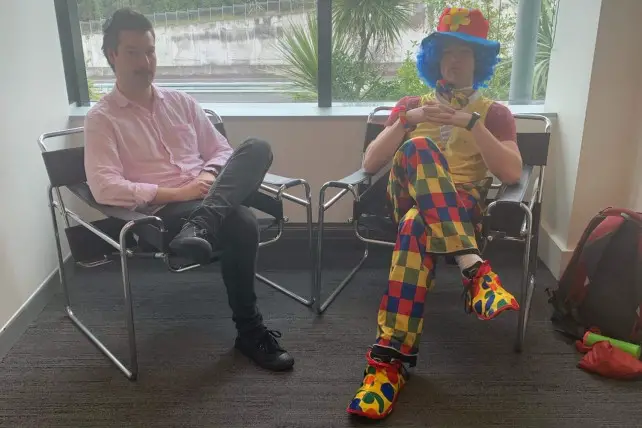
image source: reddit.com
Avoiding emotional conversations may be rooted in a desire to maintain a sense of control, a fear of vulnerability, or concerns about potential discomfort. It might be connected to your past experiences where emotional discussions led to distress, misunderstandings, or feelings of being overwhelmed.Advertisement
You find it very awkward when somebody cries - you don't know how to react
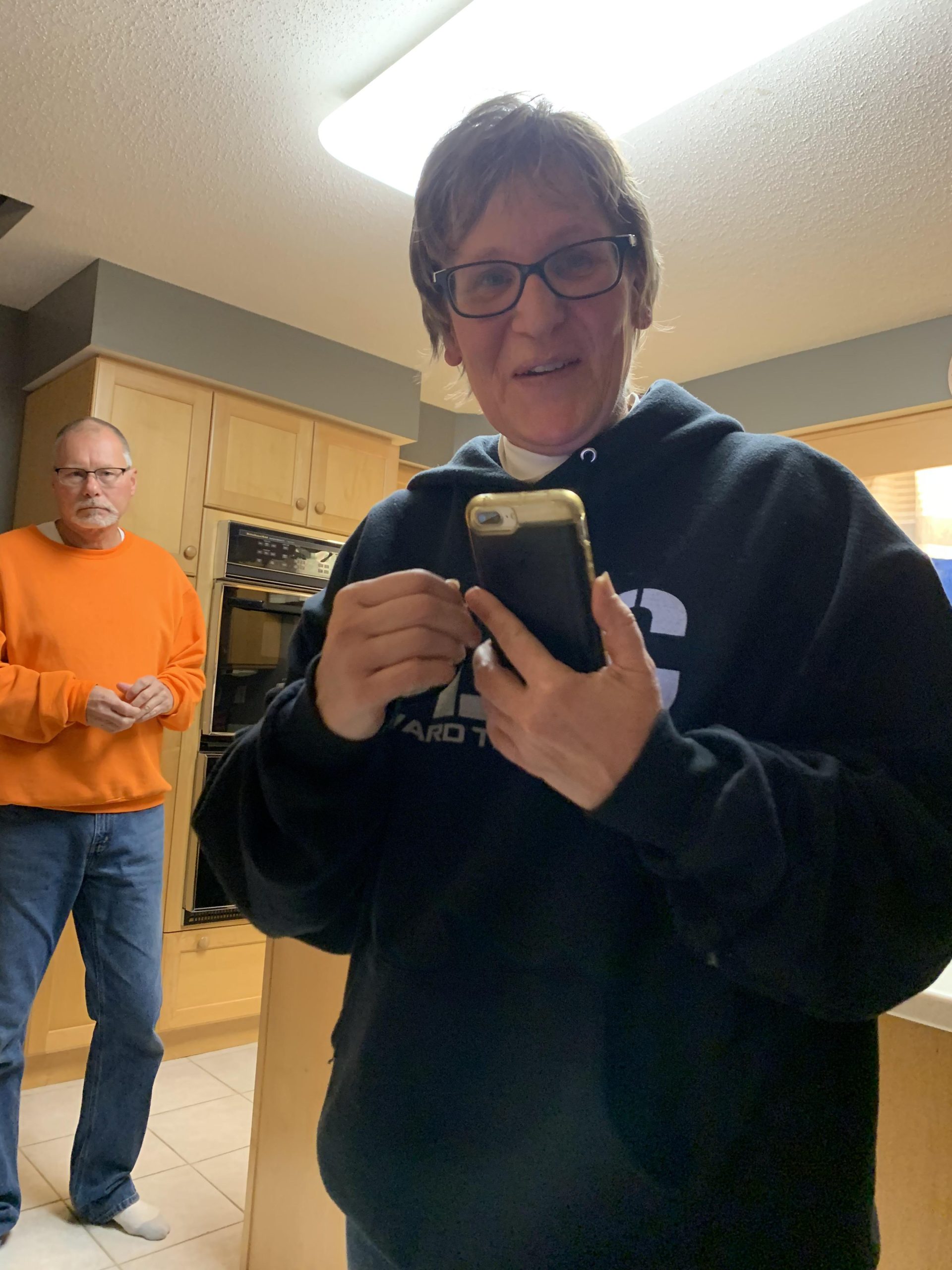
image source: reddit.com
You want to comfort somebody when you see that they are sad, but something prevents you, deep within you. Saying the wrong thing or making things worse, or even finding your support rejected can make you feel too scared to try and help or comfort someone.Advertisement
You think everybody will let you down

image source: reddit.com
The fear of being let down can become a self-fulfilling prophecy, as the anticipation of disappointment might influence your actions and interactions. It's as if you're bracing for impact, preparing for the inevitable letdown, even in situations where others may genuinely be supportive.Advertisement
You make excessive sacrifices for other people
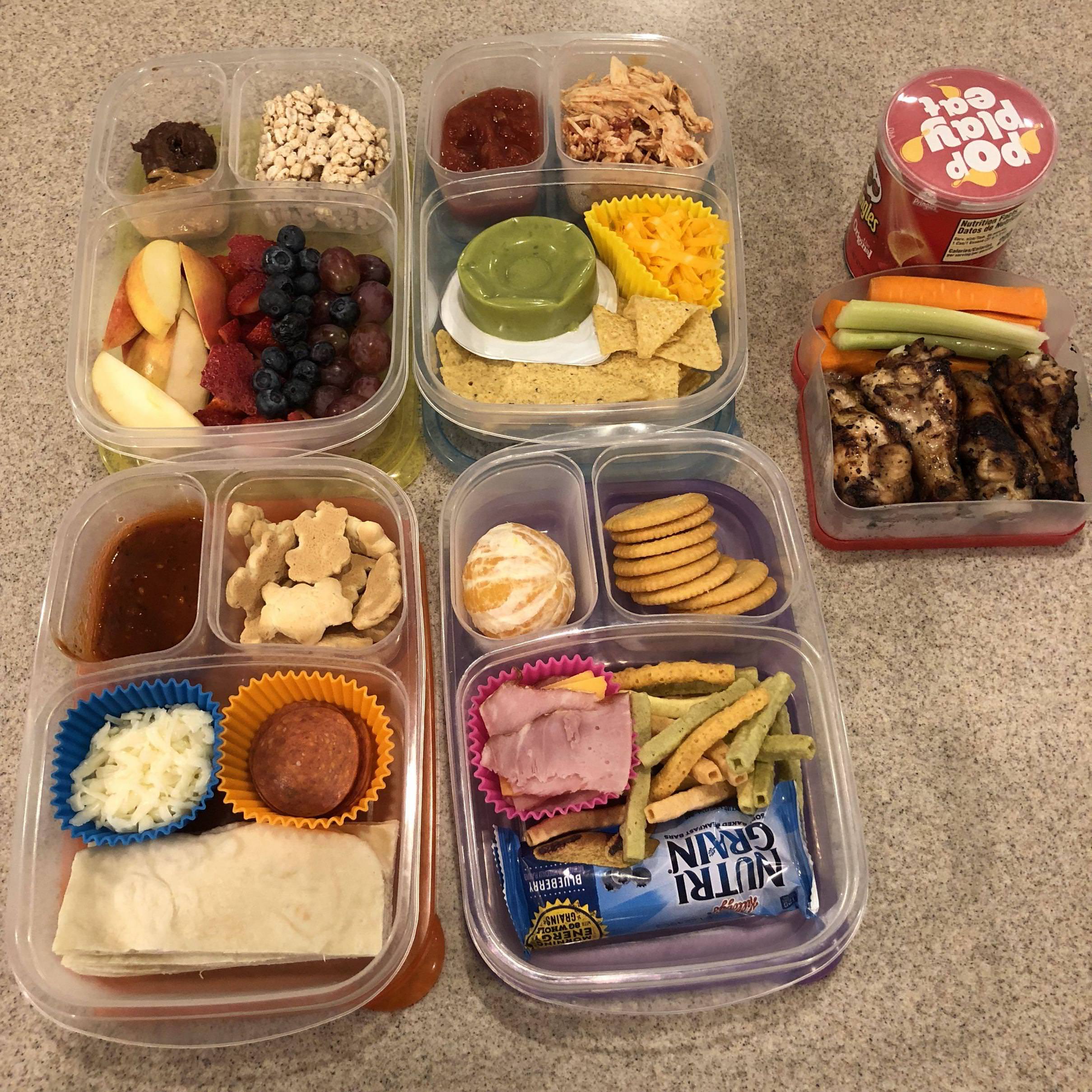
image source: reddit.com
This pattern that might be rooted in a desire to please, gain approval, or fear disappointing those around you after facing childhood neglect. This selfless inclination, while admirable, can lead to a depletion of your own well-being as well as your own personal boundaries.Advertisement
You never want to be seen as vulnerable
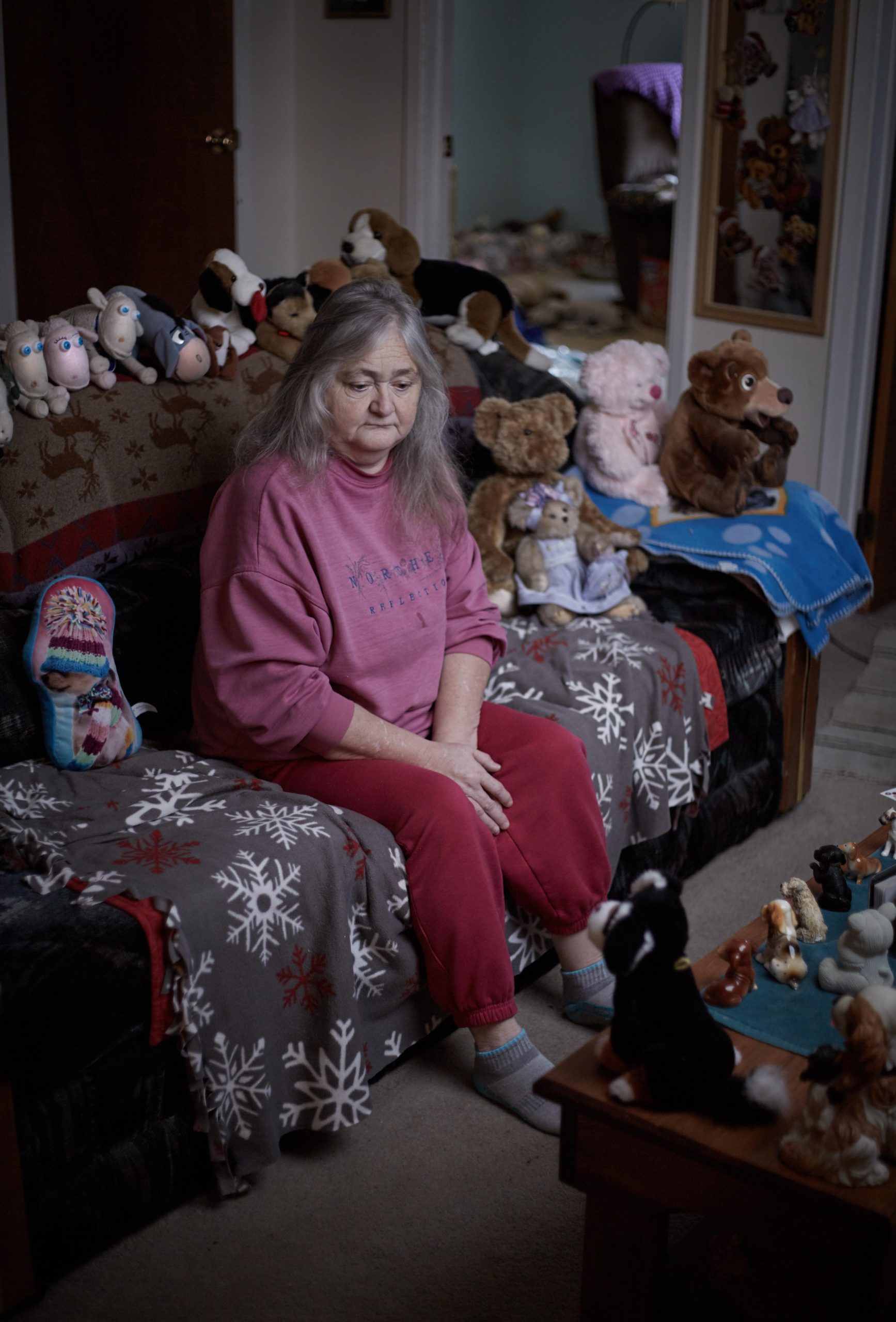
image source: reddit.com
This guarded approach usually comes from somewhere deep—maybe past hurts or a fear of being judged or neglected. It's this instinct to keep a tight lid on personal struggles or fears, thinking that showing vulnerability might be seen as a sign of weakness.Advertisement
You always blame yourself!
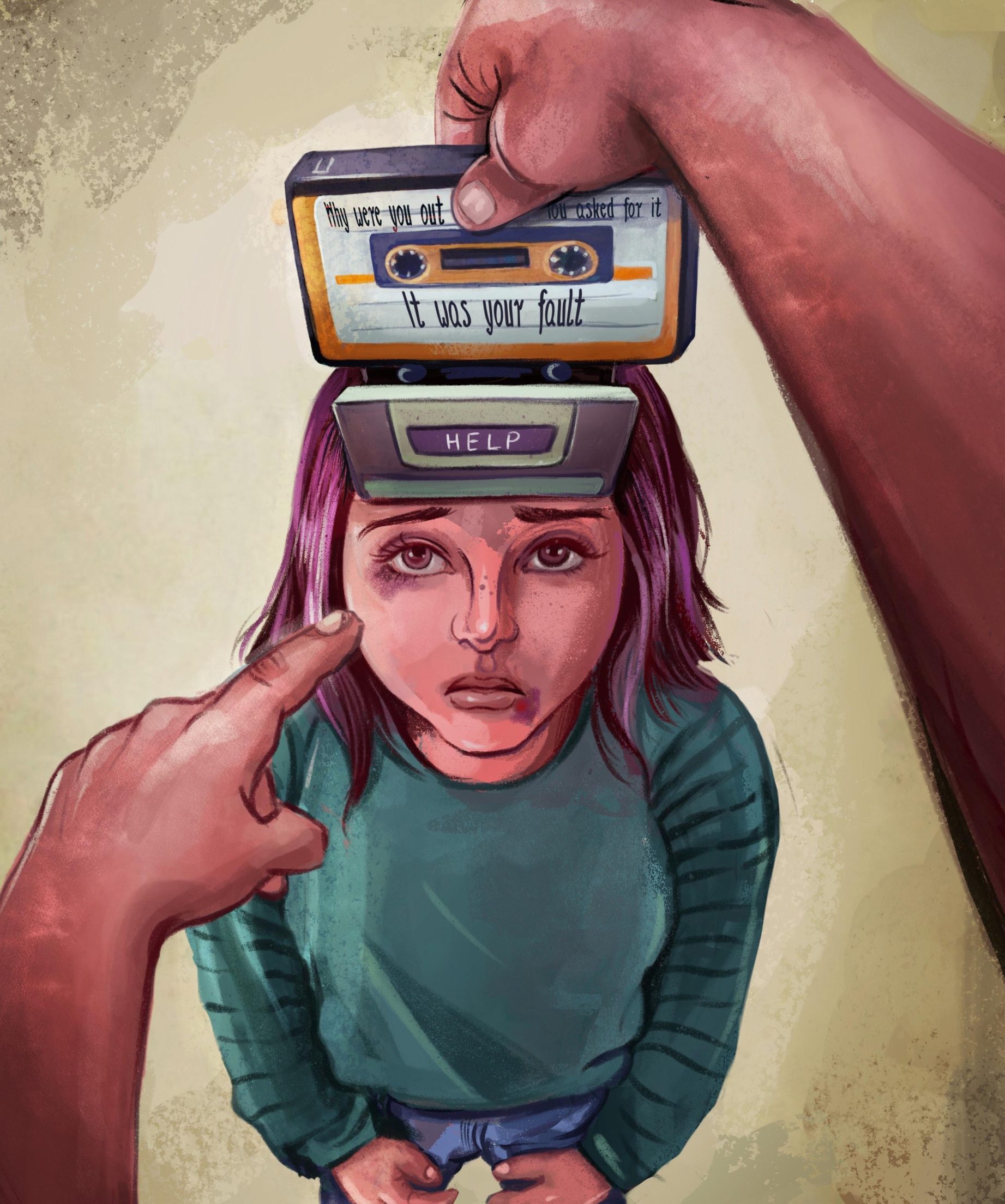
image source: reddit.com
Taking the blame upon yourself all the time means that you are carrying a heavy burden of responsibility, even for things beyond your control. It's a tough habit, often rooted in a deep-seated sense of accountability or a fear of disappointing others which stems from your past neglect.Advertisement
Being left in a room alone scares you

image source: reddit.com
This fear could be rooted in early childhood where being alone meant a lack of parental presence or emotional support. It's not just a casual discomfort but a deep, unsettling fear. It's like this instinctive reaction that goes beyond mere uneasiness.Advertisement
You always chase 'perfection'

image source: reddit.com
Chasing perfection is like this never-ending quest for an ideal that, deep down, you know is unattainable. It's like you've set this ridiculously high standard for yourself, convinced that flawlessness is the key to acceptance and finally feeling as though you are valued.Advertisement
You struggle to know what it is you need

image source: reddit.com
This inability could be rooted in the past, where expressing your needs wasn't a common practice or where they often took a backseat to other priorities. Now, it's this ongoing process of unraveling your own wants and desires. Sometimes, it's like trying to catch a fleeting thought before it disappears.Advertisement
You feel guilty for ever saying 'no'
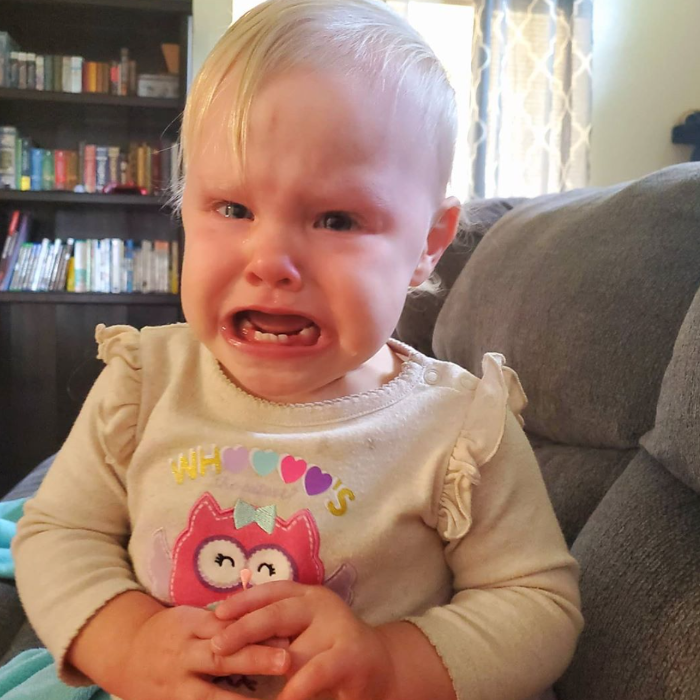
image source: reddit.com
You've subconsciously been wired to believe that saying 'no' is synonymous with letting people down or being selfish. Maybe it stems from a past where asserting your own needs wasn't encouraged or where saying 'yes' felt like the safer route. So now, each 'no' carries this weight of guilt.Advertisement
You struggle to believe it when people praise you

image source: reddit.com
When someone compliments you, it's like a clash between really wanting to believe what they say, and that lingering voice of skepticism in your head telling you that they're lying. But the truth is, you deserve to take in those compliments, to let them sink in without the interference of doubt.Advertisement
You have an overriding fear of abandonment

image source: reddit.com
Perhaps this stems from experiences in the past where connections felt fragile or where the people you depended on weren't consistently there. So now, even in stable relationships, there's this fear that at any moment, the support might vanish. It's not necessarily a rational fear, but emotions seldom are!Advertisement
You feel like you need approval from everybody

image source: reddit.com
You have this insatiable need to be approved by others, as if your worth is contingent on the approval of others. The lack of care and attention in your past means that you're now in this perpetual loop, craving acknowledgment to fill a void that might not even be about you.Advertisement
You struggle to stand up for yourself

image source: reddit.com
Struggling to stand up for yourself can feel very daunting and difficult at times, particularly with certain people and those from your past. It's not that you lack the voice or the understanding of your own worth, but there's this challenge in turning that understanding into assertive action.Advertisement
Or call people out for bad behaviour
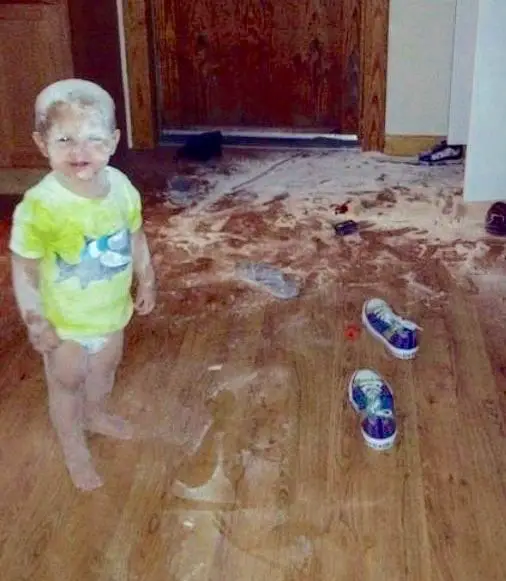
image source: reddit.com
Struggling to address bad behavior in others feels like standing at the edge of a conversation, watching actions that don't align with your values, yet finding it tough to speak up. It's this internal battle between wanting to voice your concerns and the fear of potential conflict or pushback.Advertisement
How to heal: therapy is always great for working things out

image source: reddit.com
It's never something to be ashamed of to feel like you need therapy, and in this day and age, counseling is important for many different people. Working through any child neglect during therapy can be a great way to let it all out and work to move on from it.Advertisement
Learn to love yourself

image source: reddit.com
One thing that child neglect can leave you feeling is that it's your fault, and you're not worth more. It's important to learn to love yourself so that you can overcome feelings that you're not enough. Take the time to get to know yourself, practice self-care and do things that make you happy!Advertisement
You could speak to your parents - but do what's best for you

image source: reddit.com
This all depends on the relationship you have with your parents, of course - it's okay to be estranged if that's what's happened and you're happy with that. But if the emotional neglect was unintentional on their part and they're trying to build bridges, you might want to have an open chat about it and work through it.Advertisement
Learn how to express your wants and needs

image source: reddit.com
Child neglect can leave you feeling as though your wants and needs don't matter. As an adult, this might have made you closed off, worried about expressing your needs, or dismissing them. But it's important to take the time to learn what you want and need, and be open with being honest about that.Advertisement
Look to your past and work through your traumas
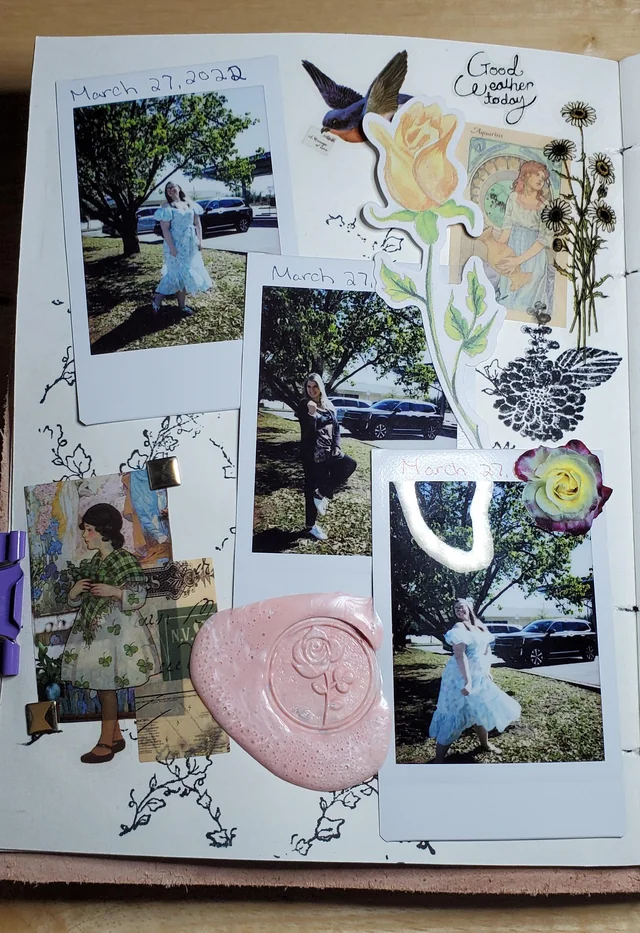
image source: reddit.com
Starting on the journey to work through past traumas is undeniably tough, yet incredibly courageous and it WILL be worthwhile. It may feel like it's getting harder before it get's better, but push through and you'll really help to heal your inner child who faced neglect!Advertisement
Build real, meaningful connections

image source: reddit.com
It's about much more than just superficial interactions; it involves genuine engagement and understanding. One key is to be authentic and vulnerable, sharing your thoughts and feelings sincerely. Listen actively to others, not just to respond but to truly comprehend their perspectives and share yours with them!Advertisement
Take your time, it's a marathon not a sprint!

image source: reddit.com
Don;t expect to face your past in one day, or one week. To truly come to terms with the neglect in your past it will take time. So don;t be hard on yourself and don't put too much pressure on yourself to try and 'fix' it. Be patient, and you will start to feel better.Advertisement
Start to practice expressing your emotions, bit by bit

image source: reddit.com
You aren't going to go from being a closed book, to pouring your heart and soul out in one attempt. Start slow with baby steps and little by little try to express some of your emotions. Then eventually, it will feel much more natural and comfortable to you.Advertisement
Read books about how to deal with your past
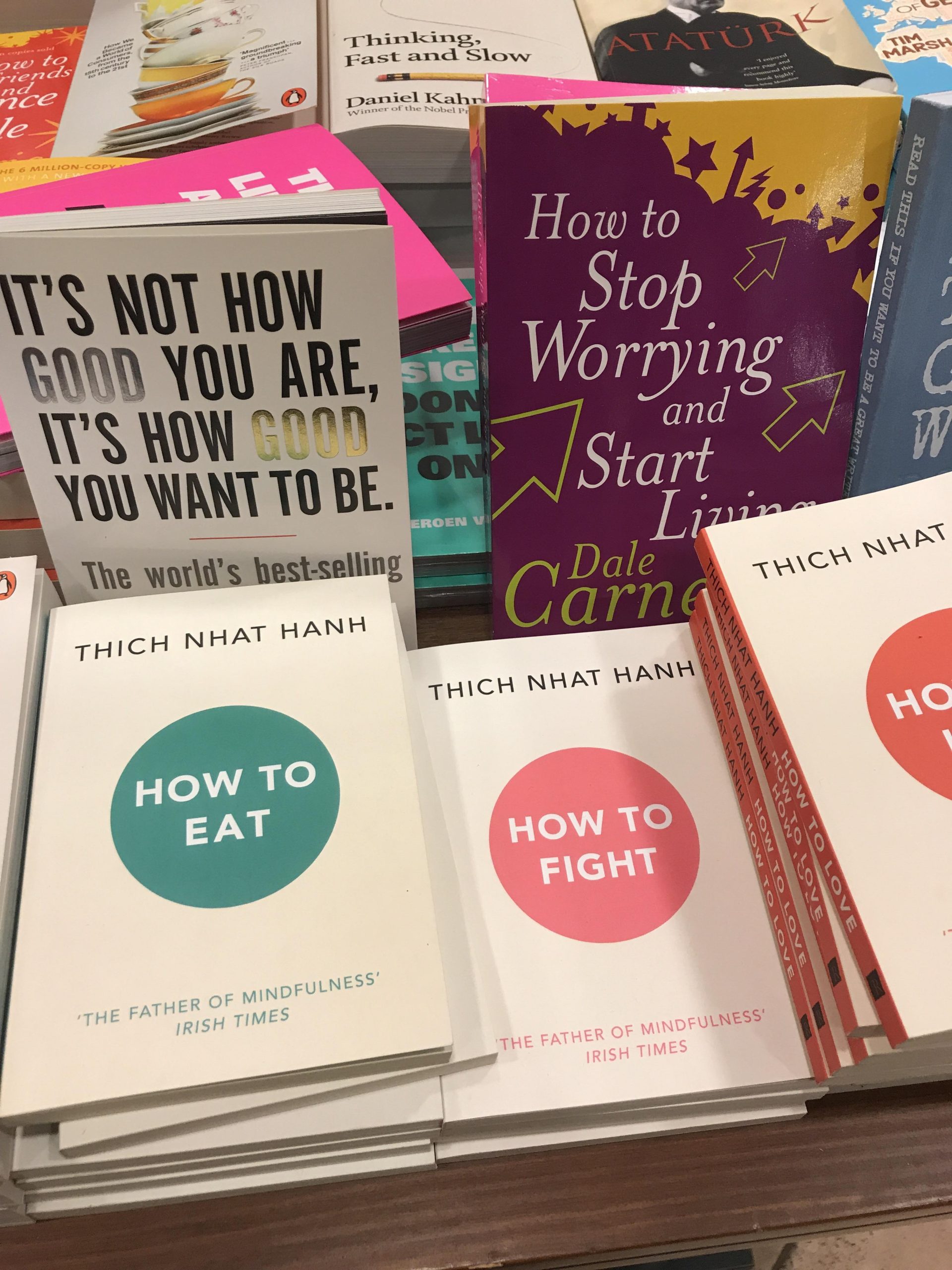
image source: reddit.com
There are SO many self-help books out there now, and they really can help which is why they've become super popular. There are specific books out there that shed light on the often overlooked impact of childhood emotional neglect and provided a roadmap for overcoming it.Advertisement
Try to be kinder to yourself!

image source: reddit.com
Recognize that you're only human, with your own strengths and imperfections. When faced with challenges or setbacks, practice self-compassion instead of self-criticism. Take breaks when needed, prioritize self-care, and acknowledge your efforts, no matter how small. Remember (as cliche as it may be) that personal growth is a journey, not a destination!Advertisement
Repeat daily positive mantras as you look at yourself in the mirror

image source: reddit.com
Every morning (or night, or basically whenever you like) stand in front of the mirror and tell yourself at least three positive things. It can be anything, from "I am worthy of love and respect," to "I'm happy and healthy, and loved". Make it a part of your daily routine!Advertisement
Develop healthy coping mechanisms

image source: reddit.com
There are coping mechanisms which are self-destructive, and then there's healthy alternatives which help bring more happiness and peace. It's really up to you, it could be baking, or maybe you love gardening or swimming. Find that thing that you love that brings you comfort.Advertisement
Create a daily routine that benefits your physical and mental health
image source: reddit.com
Crafting a daily routine that prioritizes both physical and mental health can help set the tone for a fulfilling and balanced life. Begin your day with a mindful morning routine, setting you up for the day ahead. This might involve a few minutes of meditation or deep breathing exercises for example!Advertisement
Explore who you really are
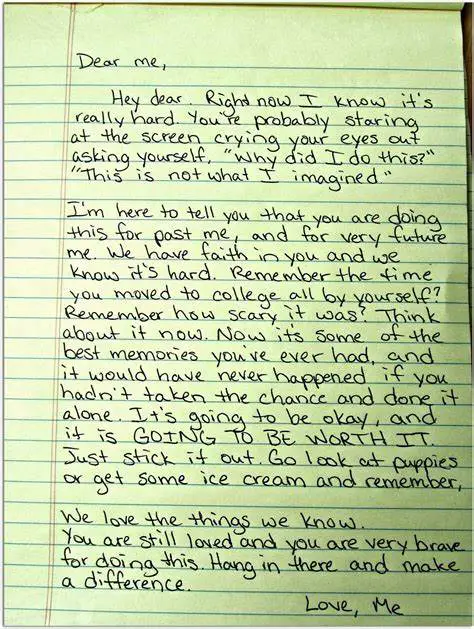
image source: reddit.com
Begin by carving out moments of reflection in your routine. Take a step back to ponder your values, passions, and aspirations. What stirs your curiosity? What activities bring you genuine joy and fulfillment? Delve into your past experiences, both positive and challenging, to discover the threads that have shaped you.Advertisement
Set yourself realistic goals
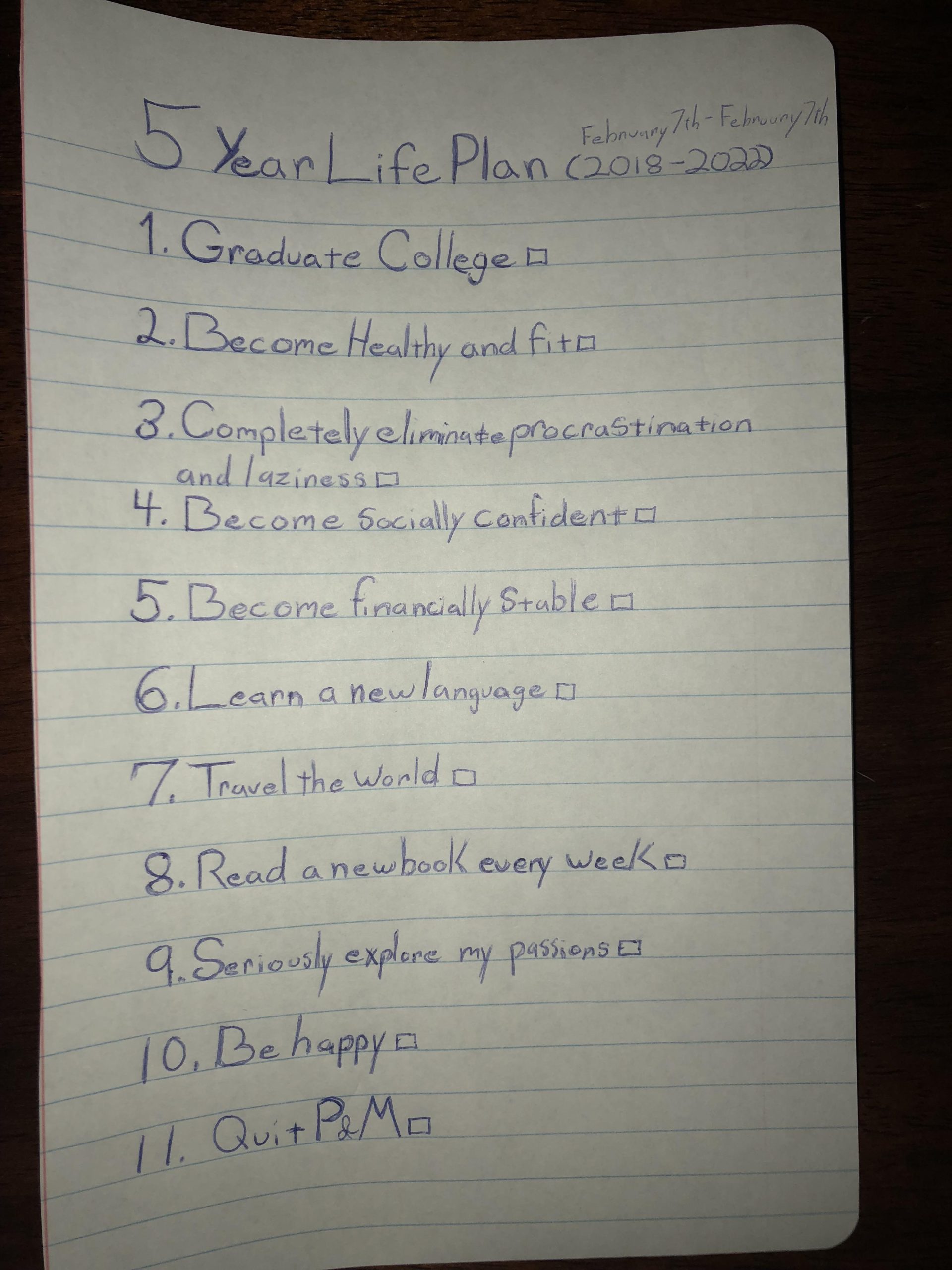
image source: reddit.com
Setting realistic goals is akin to laying down stepping stones toward your healing journey. Each goal becomes an expression of your progress and your commitment to growth and well-being. The specificity of these goals provides clarity, turning vague aspirations into actionable steps.Advertisement
Try and forgive the people from your past
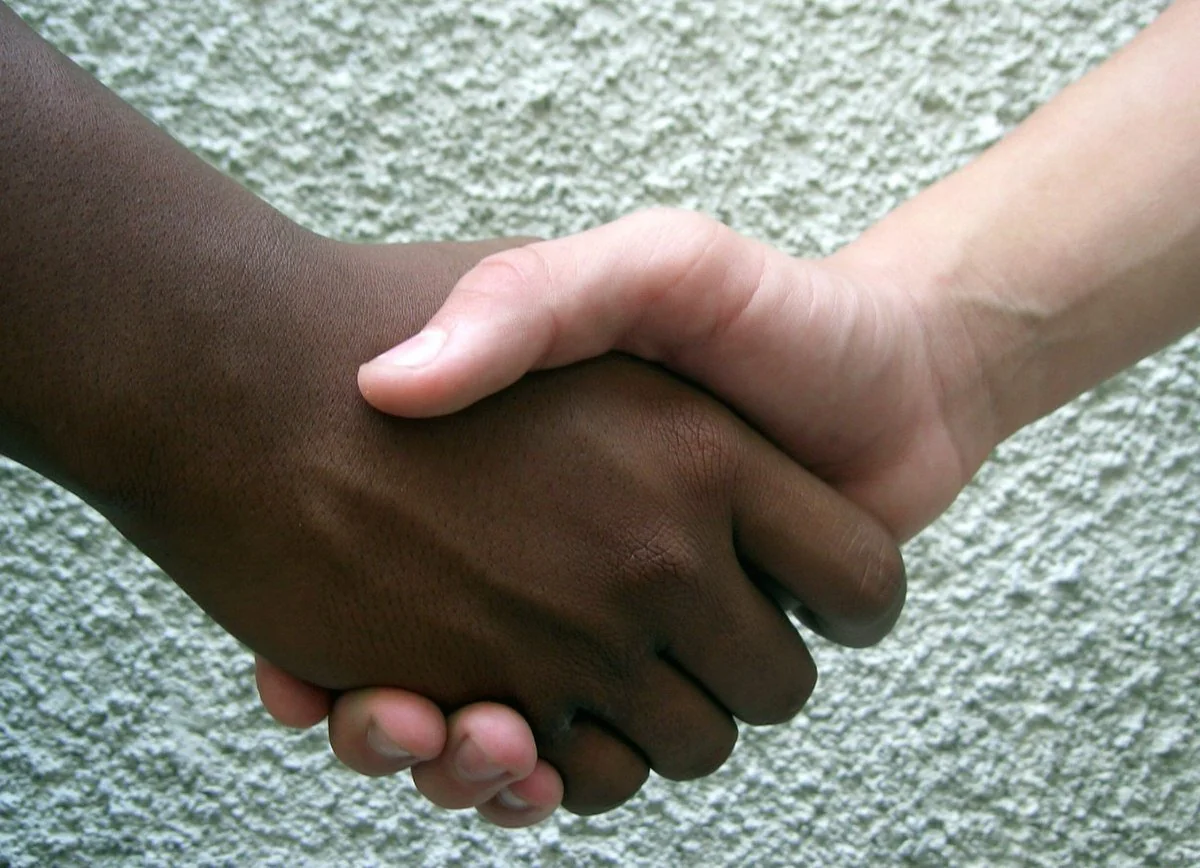
image source: reddit.com
Forgiveness is a deeply personal and transformative act that, rather than condoning the actions of others, grants you the power to reclaim your peace and emotional well-being. It is a gift you give to yourself, rather than to the people who hurt you.Advertisement
Join a support group for people who have been through the same experiences

image source: reddit.com
In a group, you can discover a community bonded by resilience, a shared journey, and a mutual pursuit of healing. The power of collective empathy can help you all to process your experiences and emotions. It shows you that you're not in this all alone!Advertisement
Try daily breathing exercises

image source: reddit.com
This is a simple yet powerful practice that brings a sense of calm to the chaos of daily life. Find a quiet space, sit comfortably, and take a deep breath in, letting it fill your lungs. Feel the tension leaving your body as you exhale slowly. Repeat this a few times and notice the peace it brings you!Advertisement
Helping others could help yourself!
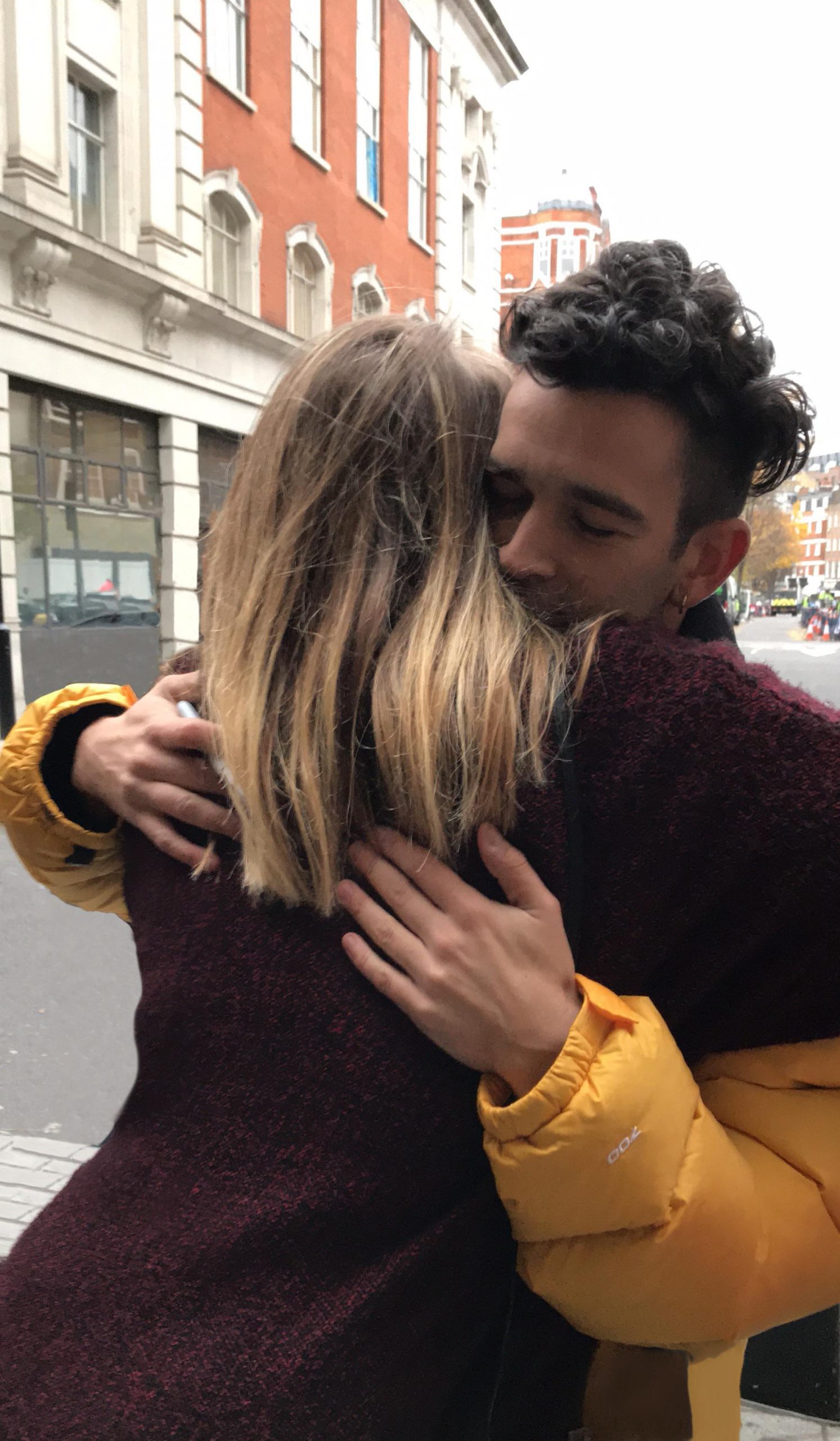
image source: reddit.com
Talking to someone else about their past can help you to realize and process your own at the same time! It's a two-way street where the act of helping not only makes a positive impact on someone else but also contributes significantly to your own well-being.Advertisement
Look into a practice called 'inner child work'
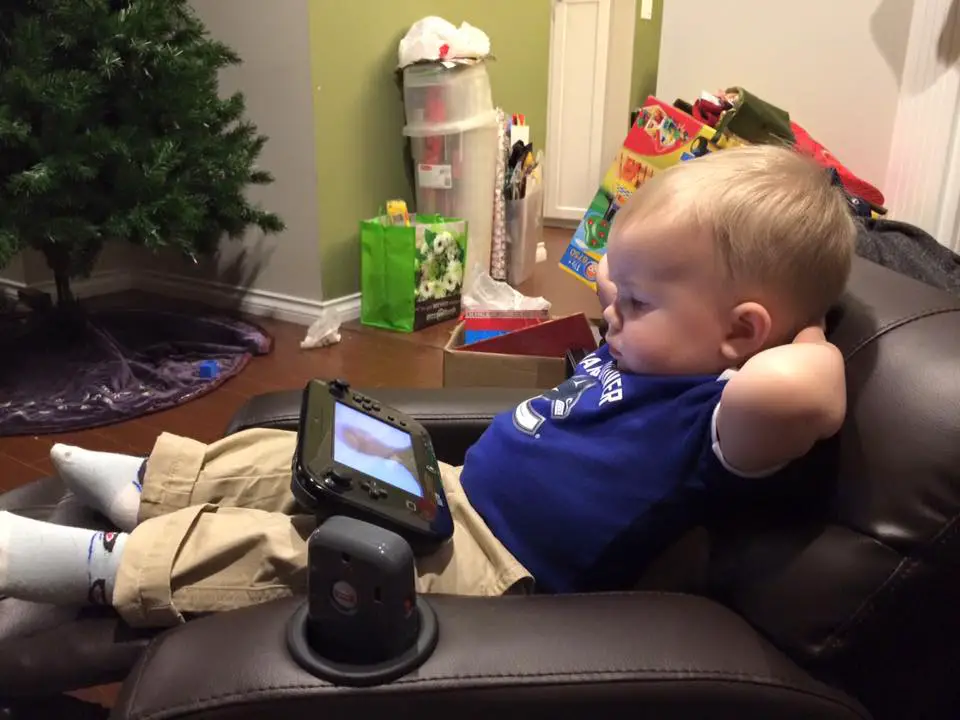
image source: reddit.com
It's a therapeutic process that delves into the emotions, experiences, and needs of your childhood self, aiming to heal past wounds and promote emotional well-being in the present. Engaging in inner child work often involves reflective exercises, visualization, and self-compassion to understand and address unresolved emotions from your earlier years.Advertisement
Talk it out!

image source: reddit.com
Sometimes, the simplest yet most powerful way to navigate through life's complexities is to just talk it out. As they say, 'a problem shared is a problem halved'. Okay, so it's not THAT simple, but it really does help. Whether with a trusted friend, family member, or even a professional, verbalizing your experiences can be incredibly liberating.Advertisement
Take time to think about how far you've come

image source: reddit.com
As you take stock of the challenges that you've faced and the progress you've made, it's an opportunity to celebrate your victories, both big and small. No matter how small they may seem, it's super important to acknowledge that you are making progress!Advertisement
Allow yourself to have 'bad' moments

image source: reddit.com
Granting yourself permission to have 'bad' moments is super important. It's not possible to avoid them, we're all human, so punishing yourself for these makes things worse. Allow yourself the space for these moments and don's put too much pressure on yourself!Advertisement
Realize you aren't alone

image source: reddit.com
Realizing you aren't alone is a profound recognition that, even in the most challenging moments, there are others who understand, empathize, and stand alongside you. In this realization, the weight of burdens often feels lighter, and the road ahead less daunting.Advertisement

